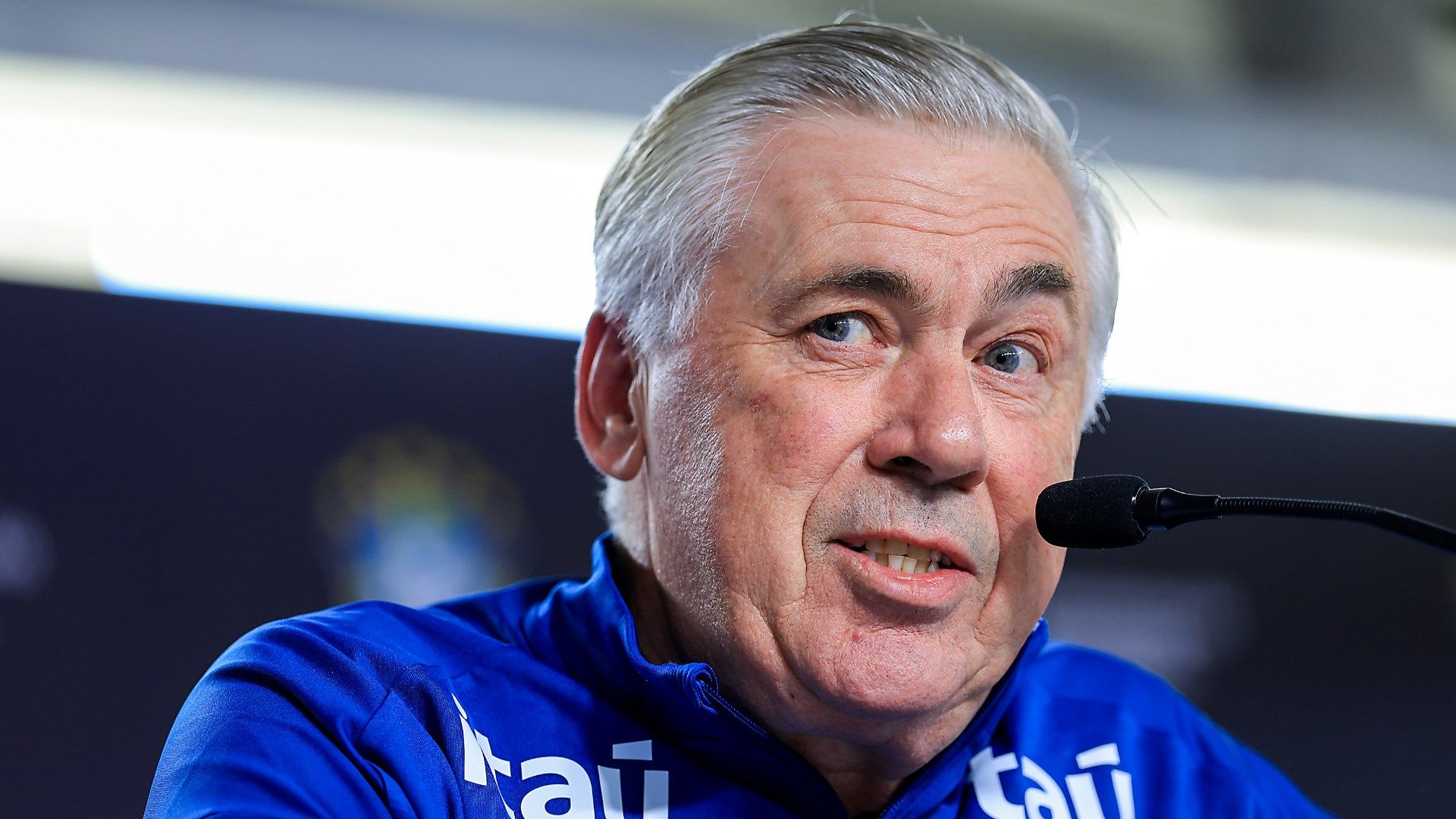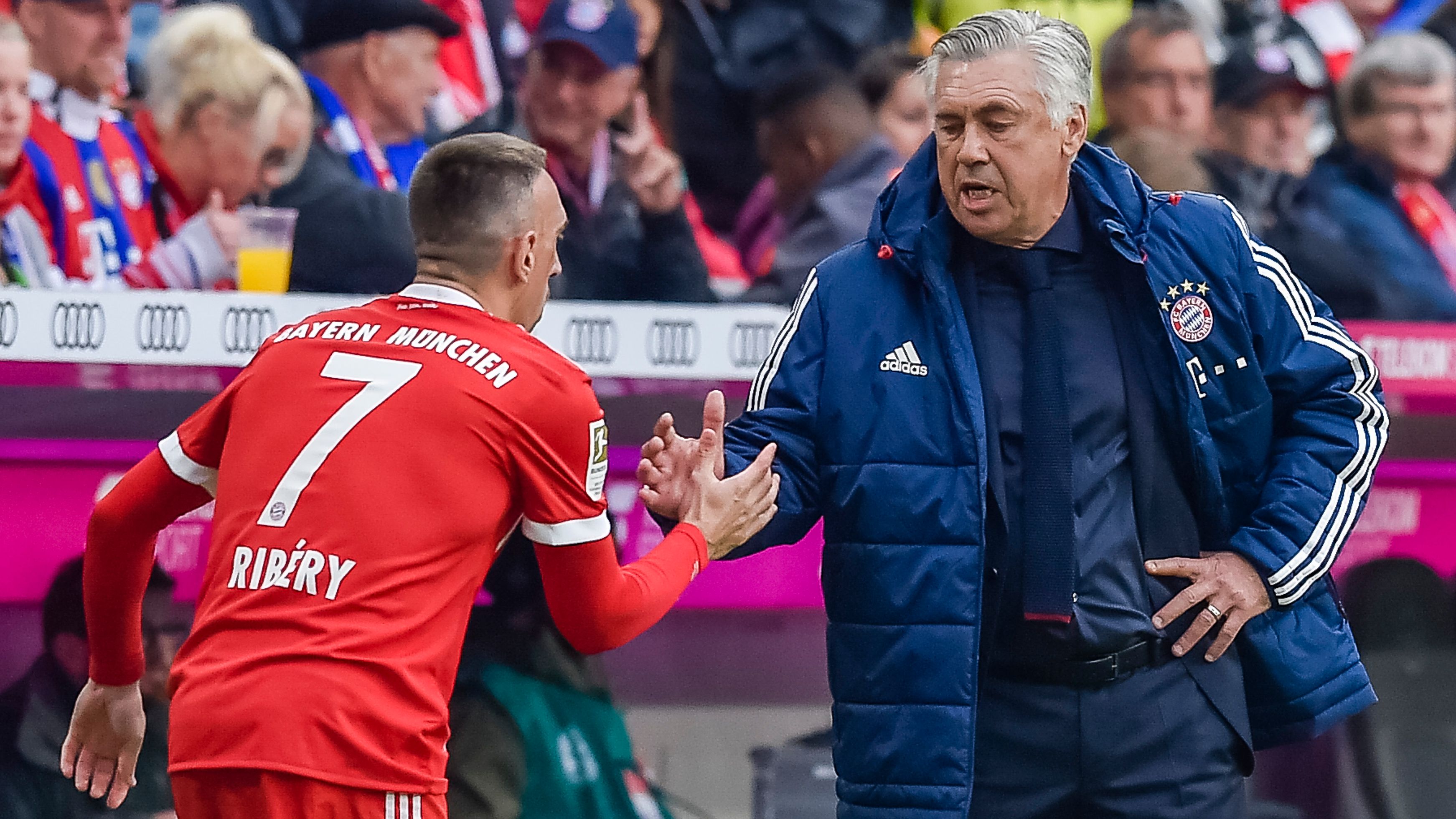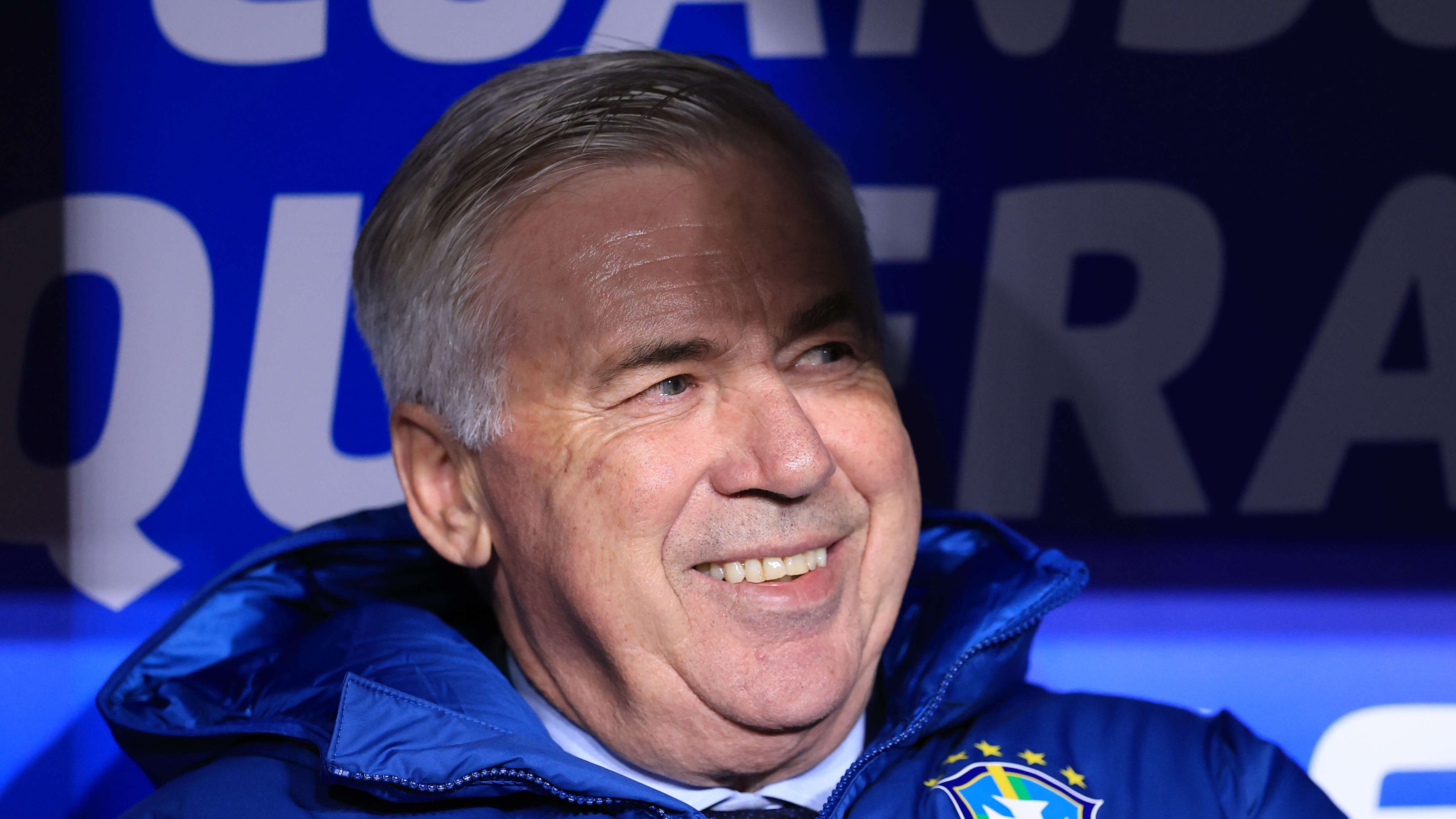


The Shocking Reality of Ancelotti’s Brutal Bayern Munich Exit
In the world of football management, Carlo Ancelotti stands out as a highly acclaimed figure whose extensive record of victories has shaped the sport, yet even legends face unforeseen challenges that lead to abrupt endings. Despite his triumphs across various teams, including leading Chelsea to a domestic double in 2010 and securing Real Madrid’s 10th Champions League crown, the Italian tactician endured a particularly harsh separation from Bayern Munich in 2017, which he later labeled as his most unforgiving career setback-marking his inaugural mid-season dismissal after over two decades in charge.
Ancelotti’s Candid Reflections from His New Book
Details from Ancelotti’s forthcoming publication, The Dream: How to Win the Champions League, as featured in Sport Bild, offer a raw critique of his tenure at Bayern Munich and the events culminating in his removal. The esteemed coach openly discussed the tensions that arose, painting a picture of internal conflicts that strained his leadership.
Challenges in Team Discipline and Leadership Dynamics
Ancelotti recalled a moment when club executives directed him to enforce stricter rules by presenting a list of guidelines to the squad. Instead of viewing the players as inexperienced recruits, he considered them elite professionals deserving of respect. During a team meeting, he reluctantly shared the directives, framing them as board mandates to maintain his authority and distance himself from the imposed measures, highlighting the delicate balance between management demands and coaching autonomy.
The Pivotal Match Against PSG and Its Consequences
Later that September, facing his old team Paris Saint-Germain, Ancelotti opted for a strategy that sidelined the team’s older flank players and emphasized a more advanced defensive line with central assaults as the core focus. This tactical choice proved disastrous, disrupting the team’s equilibrium and allowing PSG to capitalize on swift counter-moves. The opposition struck early in the second minute, resulting in a humiliating 3-0 loss-the worst Bayern Munich setback in the Champions League over two decades.
The Board’s Swift Decision Post-Defeat
Following the match, Bayern Munich‘s leadership convened and pinpointed Ancelotti as the root cause, with executive Karl-Heinz Rummenigge noting that the season’s results fell short of expectations and the Paris game necessitated immediate intervention to rectify the situation.
Lessons from Multiple Dismissals in a Storied Career
Throughout his professional journey, Ancelotti has encountered terminations from prominent clubs like Juventus, Chelsea, Real Madrid, and Bayern Munich, illustrating that dismissals can stem from corporate decisions rather than just capricious leadership. He emphasized that the Bayern Munich incident was the most severe, and ironically, the team advanced to the Champions League semifinals afterward, only to be ousted by Real Madrid.
Ancelotti’s Journey Through Football Management
Transitioning from a successful playing career as a midfielder, Ancelotti began his managerial path with Reggiana in 1995, later guiding teams such as Parma, Juventus, AC Milan, Chelsea, PSG, Real Madrid, Bayern Munich, Napoli, and Everton, with a return to Madrid in 2021. His impressive haul includes 31 club titles, with a record five Champions League victories-two at Milan and three at Madrid. Recently, after four seasons at Madrid, he stepped down to take on the role with the Brazil national team.
Future Prospects and Commitments
At 66, Ancelotti assumed the Brazil head coaching position through the 2026 World Cup, expressing openness to extending his tenure while indicating that Real Madrid remains his sole potential return destination once his international duties conclude.
Carlo Ancelotti’s Tenure at Bayern Munich and the Controversial Sacking
The Harsh Reality of Ancelotti’s Bayern Munich Exit
Carlo Ancelotti, one of the most respected football managers in history, has openly shared his thoughts on his sacking from Bayern Munich, calling it harsher than his dismissals from clubs like Real Madrid or Chelsea. This revelation sheds light on the high-pressure world of elite football management, where even small mistakes can lead to swift consequences. Ancelotti’s time at Bayern, which began in 2016, was marked by initial successes in the Bundesliga, but it ultimately ended abruptly due to a string of poor results in the UEFA Champions League.
In interviews, Ancelotti has described the Bayern Munich sacking as particularly unforgiving, emphasizing the intense scrutiny and lack of patience from the club’s hierarchy. Unlike his experiences at Real Madrid, where he won the Champions League in 2014, or at Chelsea, where he secured a Premier League title in 2010, the Bayern dismissal felt more personal and abrupt. This comparison highlights how club cultures can vary, with Bayern’s “FC Hollywood” reputation often amplifying managerial pressures.
Key factors that contributed to Ancelotti’s downfall at Bayern include:
- Inconsistent team performances: Despite a strong domestic start, defensive lapses and tactical errors became evident midway through the season.
- Player dissatisfaction: Reports from the dressing room suggested some star players, like those in the midfield, were unhappy with training methods, which may have influenced the board’s decision.
- Media backlash: German media outlets were quick to criticize Ancelotti’s strategies, adding external pressure that made his position untenable.
Comparing Sacking Experiences: Bayern vs. Real Madrid and Chelsea
When delving into Ancelotti’s career, it’s fascinating to compare his Bayern Munich sacking with those at Real Madrid and Chelsea, revealing patterns in how top clubs handle underperformance. At Real Madrid, Ancelotti was let go in 2015 after a trophyless second season, but he noted that the process felt more professional, with clear communication from the club’s president. Similarly, his Chelsea exit in 2015 came after a disappointing league campaign, yet it was handled with a sense of mutual respect, allowing him to leave on amicable terms.
In contrast, the Bayern Munich sacking stands out as harsher due to its timing and context. Ancelotti has pointed out that the decision came shortly after a high-profile match, leaving him little time to rectify issues. This difference underscores the varying expectations in football management across Europe, where clubs like Bayern demand immediate success in both domestic and European competitions.
To break it down:
- Real Madrid sacking highlights: Brief tenure extensions were offered, giving Ancelotti a chance to rebuild, unlike Bayern’s rapid action.
- Chelsea dismissal details: The club cited strategic shifts, but Ancelotti received praise for past achievements, softening the blow.
- Bayern’s unique approach: The emphasis on winning the Champions League meant that any slip-up, such as a costly mistake against PSG, was amplified, leading to a more severe response.
The Costly Mistake Against PSG That Sealed Ancelotti’s Fate
One pivotal moment in Ancelotti’s Bayern Munich tenure was the UEFA Champions League match against Paris Saint-Germain (PSG) in September 2017. This game, which ended in a 3-0 defeat for Bayern, exposed tactical vulnerabilities and became the catalyst for his sacking. Ancelotti later revealed that a key error in his lineup choices and in-game adjustments contributed to the loss, describing it as a “costly mistake” that he couldn’t recover from.
During the match, PSG’s attacking prowess, led by stars like Neymar and Kylian Mbappé, overwhelmed Bayern’s defense. Ancelotti admitted in retrospectives that his decision to stick with a high defensive line backfired, allowing PSG to exploit counter-attacks. This error not only cost Bayern crucial points but also eroded confidence in Ancelotti’s leadership.
Here are the main elements of that fateful game:
- Tactical oversights: Ancelotti’s failure to adapt to PSG’s pressing style meant Bayern struggled to maintain possession.
- Individual player errors: Defenders were caught out of position, turning what could have been a competitive match into a rout.
- Broader implications for Champions League success: Losses like this one highlighted Bayern’s vulnerabilities in Europe, prompting the club to seek immediate change.
Ancelotti’s reflections on this event provide valuable insights for aspiring football managers. He often discusses how over-reliance on familiar tactics can lead to pitfalls, especially against adaptable teams like PSG. This experience also ties into broader discussions about the evolution of Champions League football, where strategic flexibility is key to avoiding costly mistakes.
Insights from Ancelotti’s Managerial Journey
Looking at Ancelotti’s overall career, his Bayern Munich sacking offers lessons on resilience and adaptation in football management. Despite the setback, he bounced back to achieve more success, including multiple Champions League titles with other clubs. Managers today can learn from his emphasis on building strong relationships with players and boards to mitigate harsh dismissals.
For fans and analysts interested in football history, exploring Ancelotti’s comparisons can enhance understanding of club dynamics. Keywords like “Carlo Ancelotti Bayern Munich sacking” or “costly mistake against PSG” often come up in discussions about managerial pressures, making this topic evergreen for SEO purposes.
Why Ancelotti’s Story Resonates in Modern Football
Ancelotti’s narrative continues to captivate football enthusiasts, as it touches on themes of high-stakes decision-making and the human side of sports. By examining his experiences, readers can appreciate the complexities of managing elite teams, where a single match like the one against PSG can alter a career trajectory. This ongoing relevance makes articles on topics like “Carlo Ancelotti Chelsea comparison” highly searchable, drawing in audiences eager for in-depth analysis.









